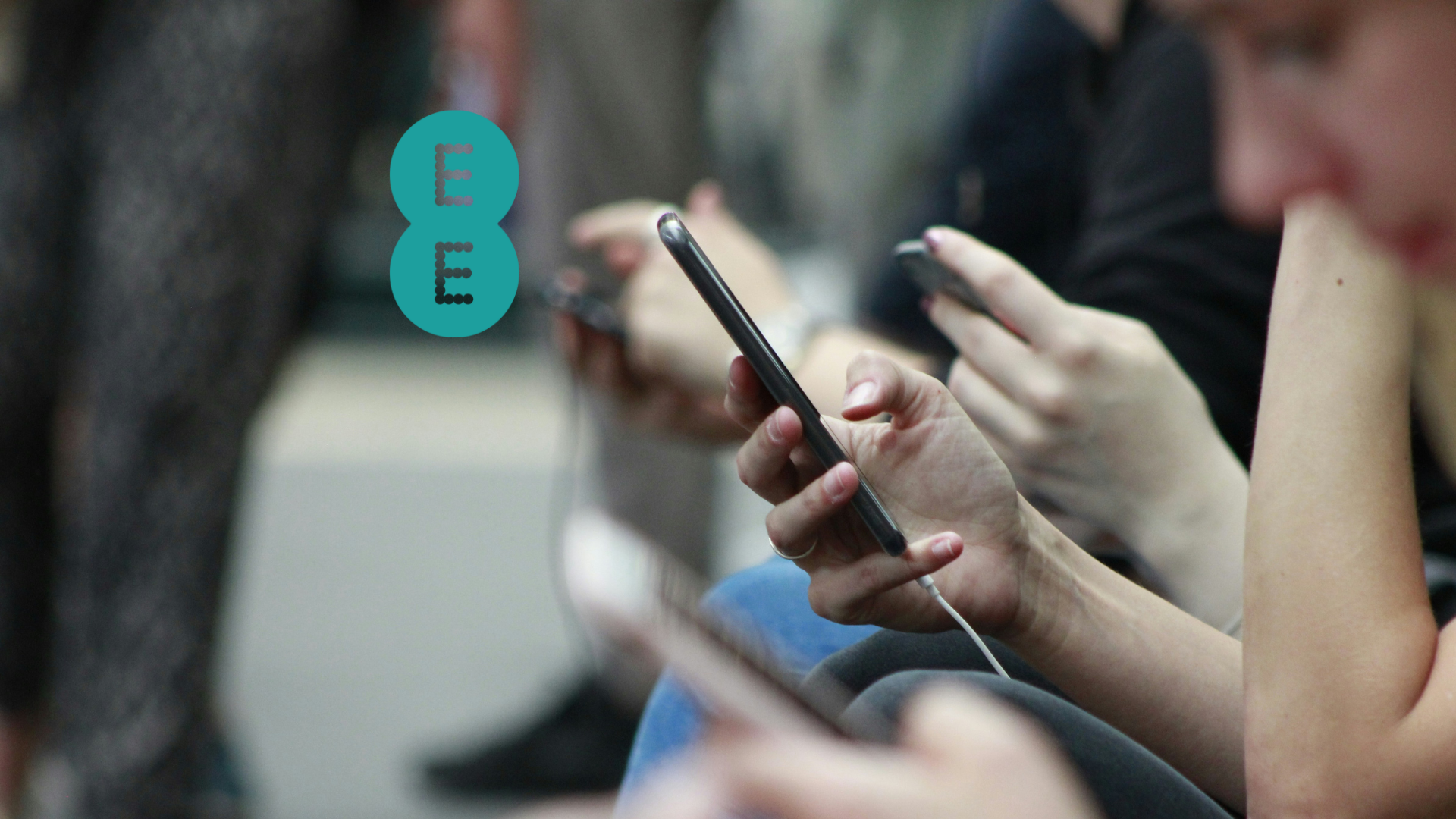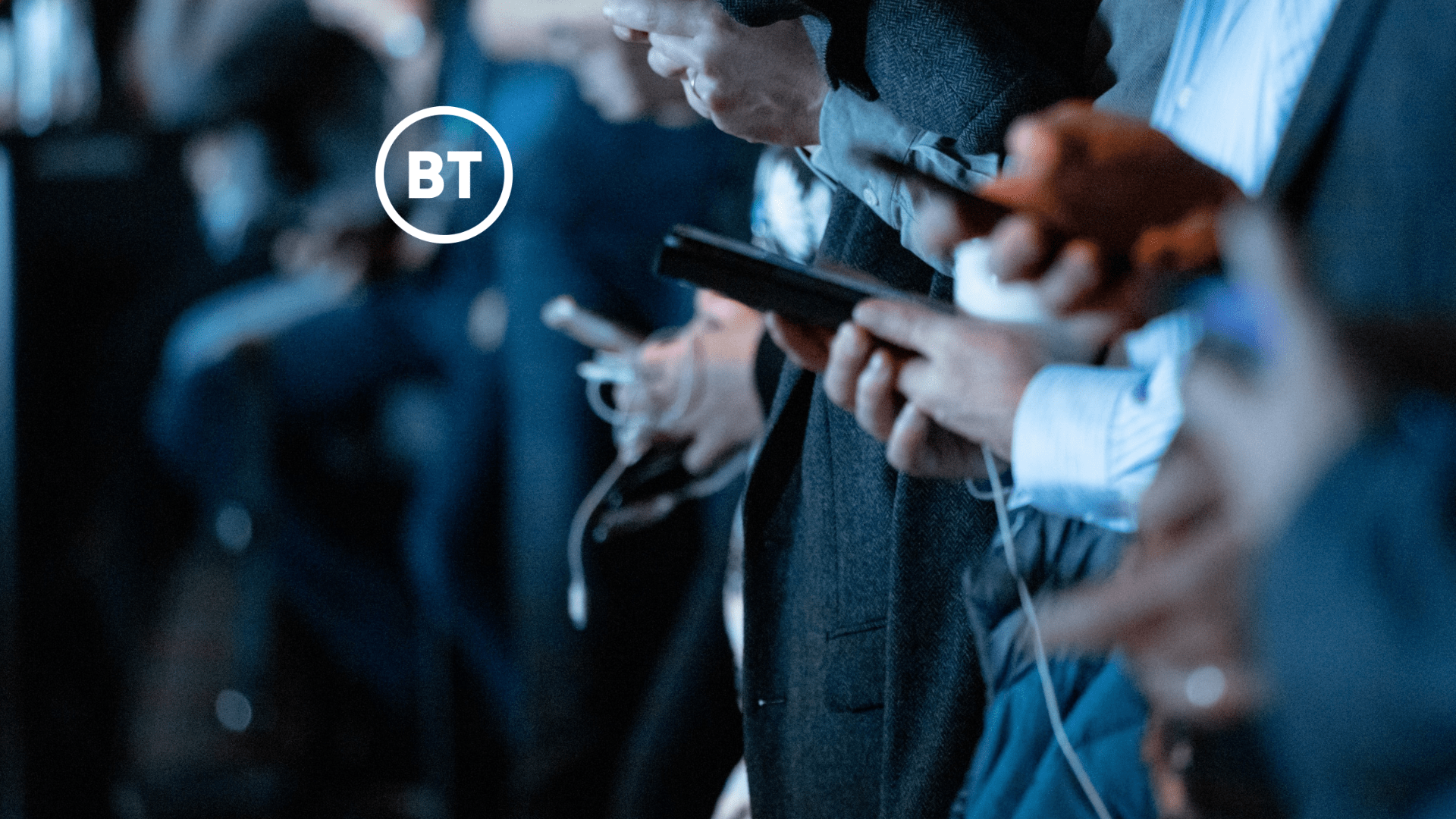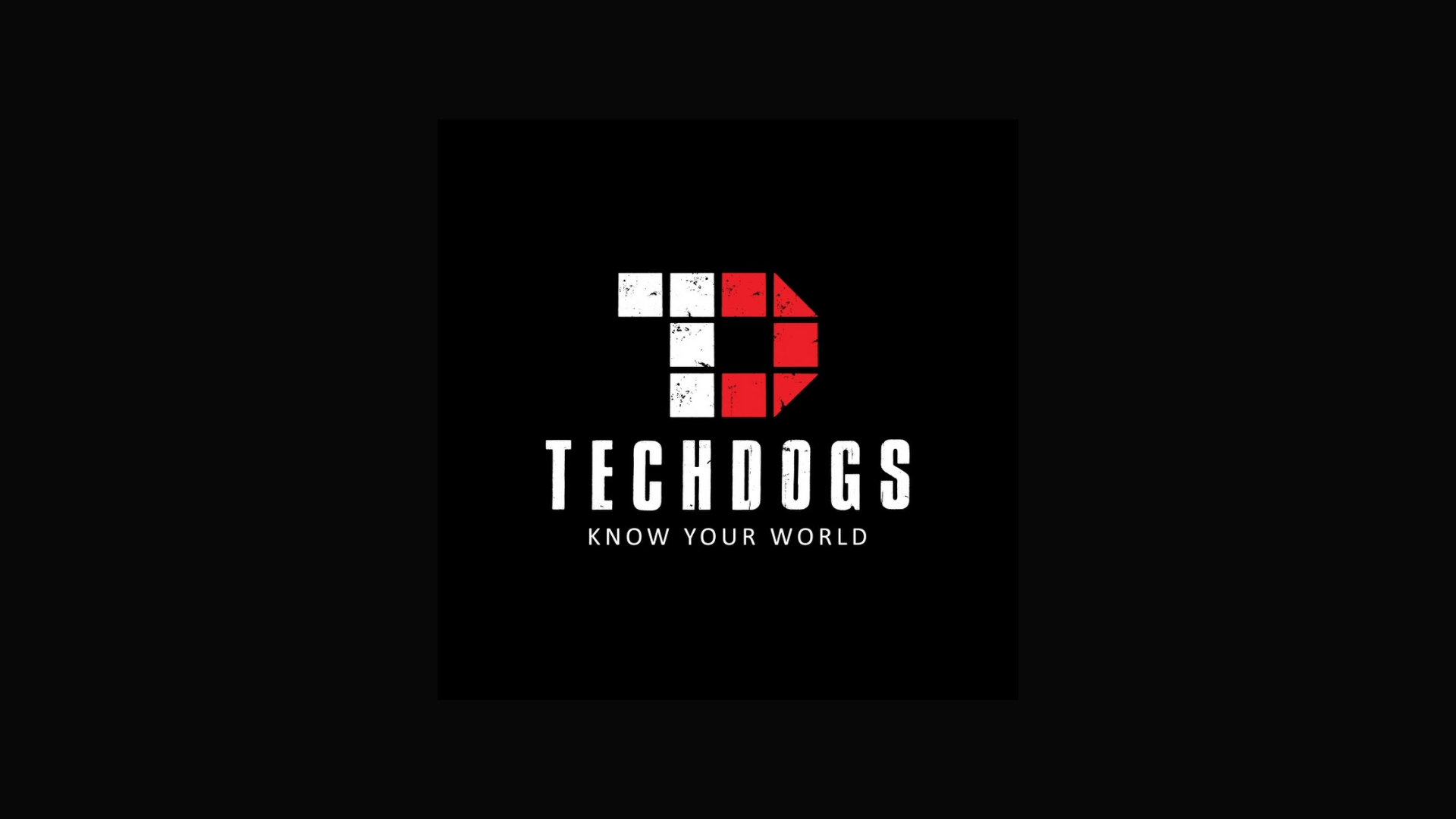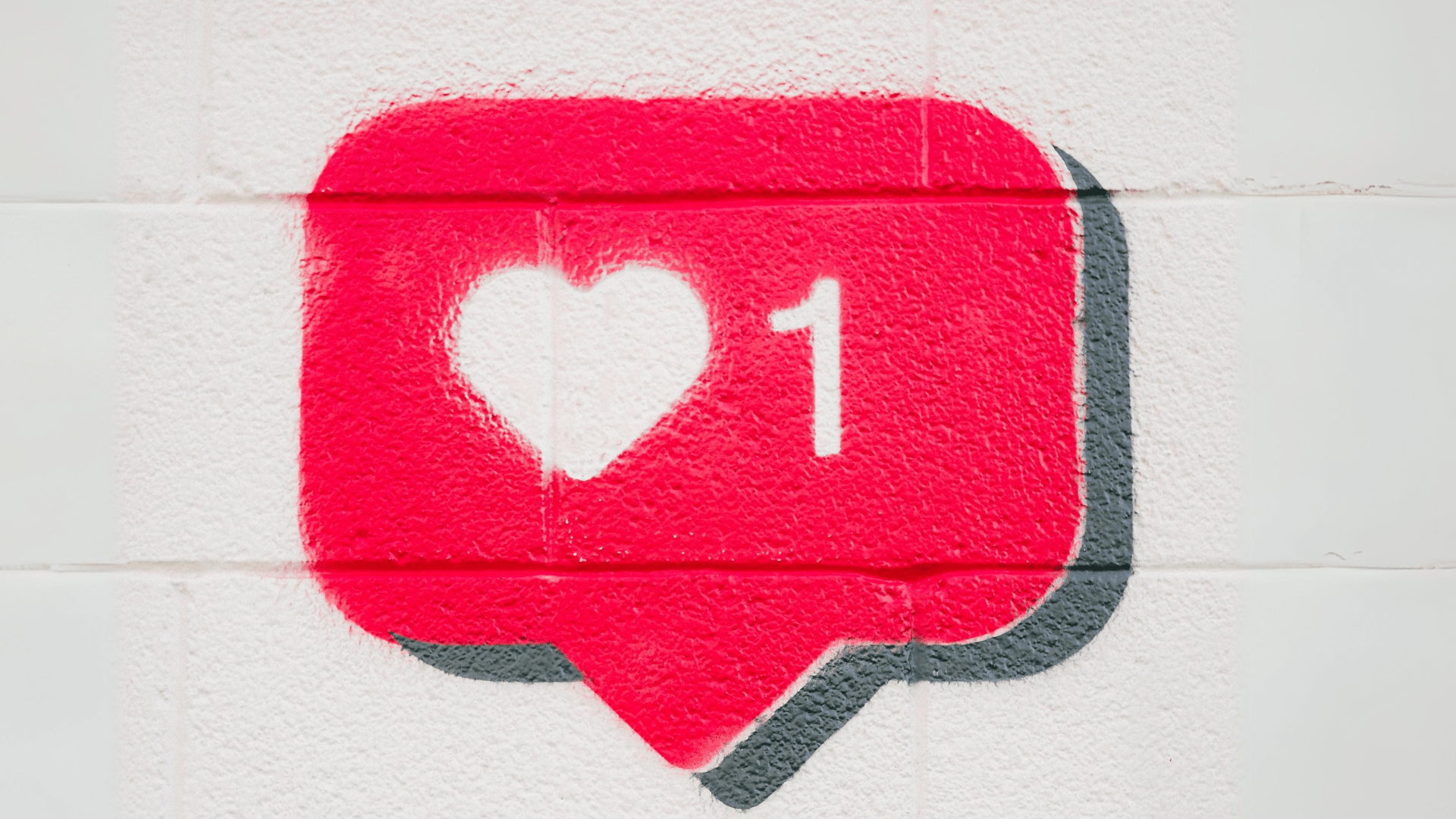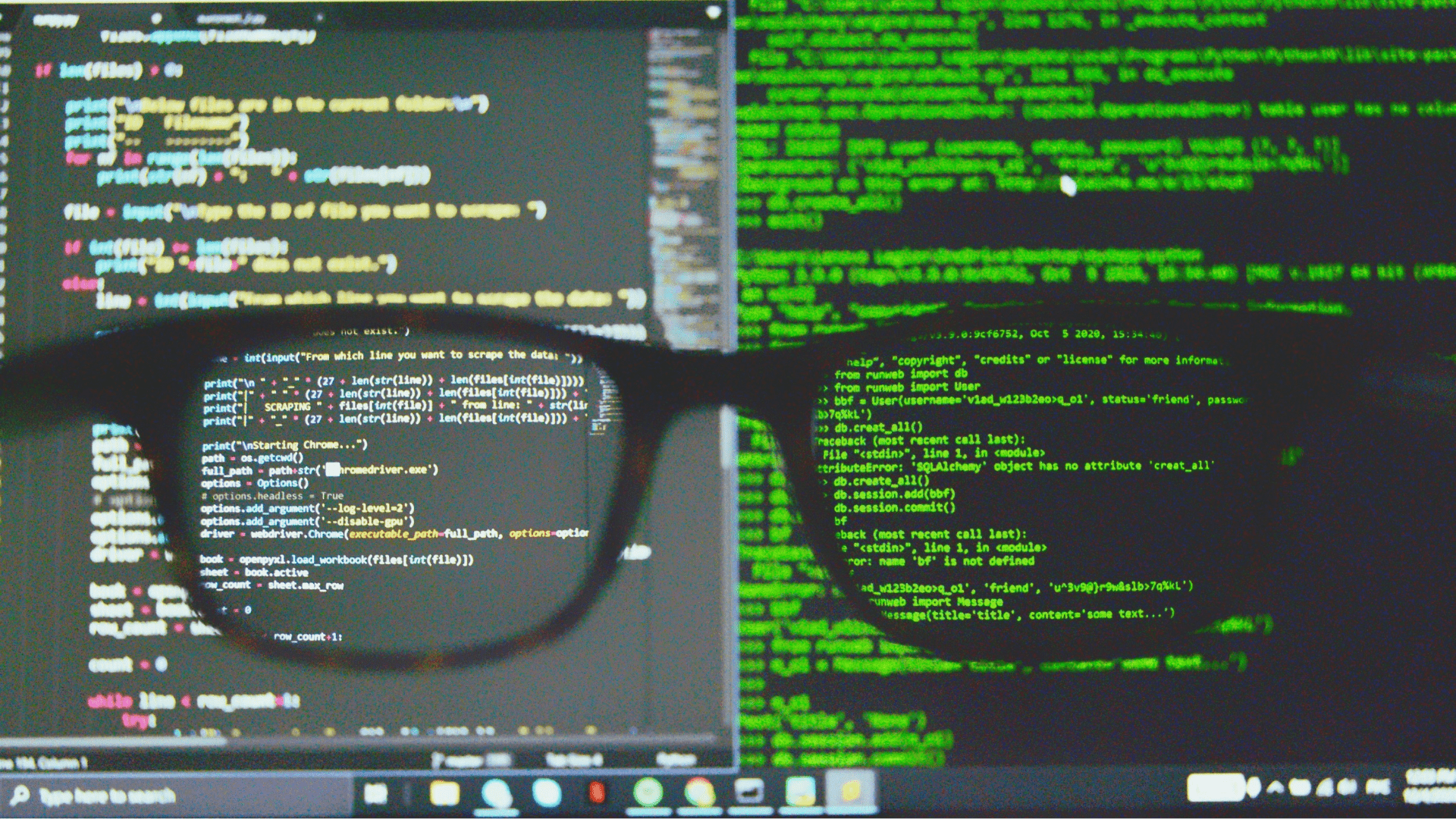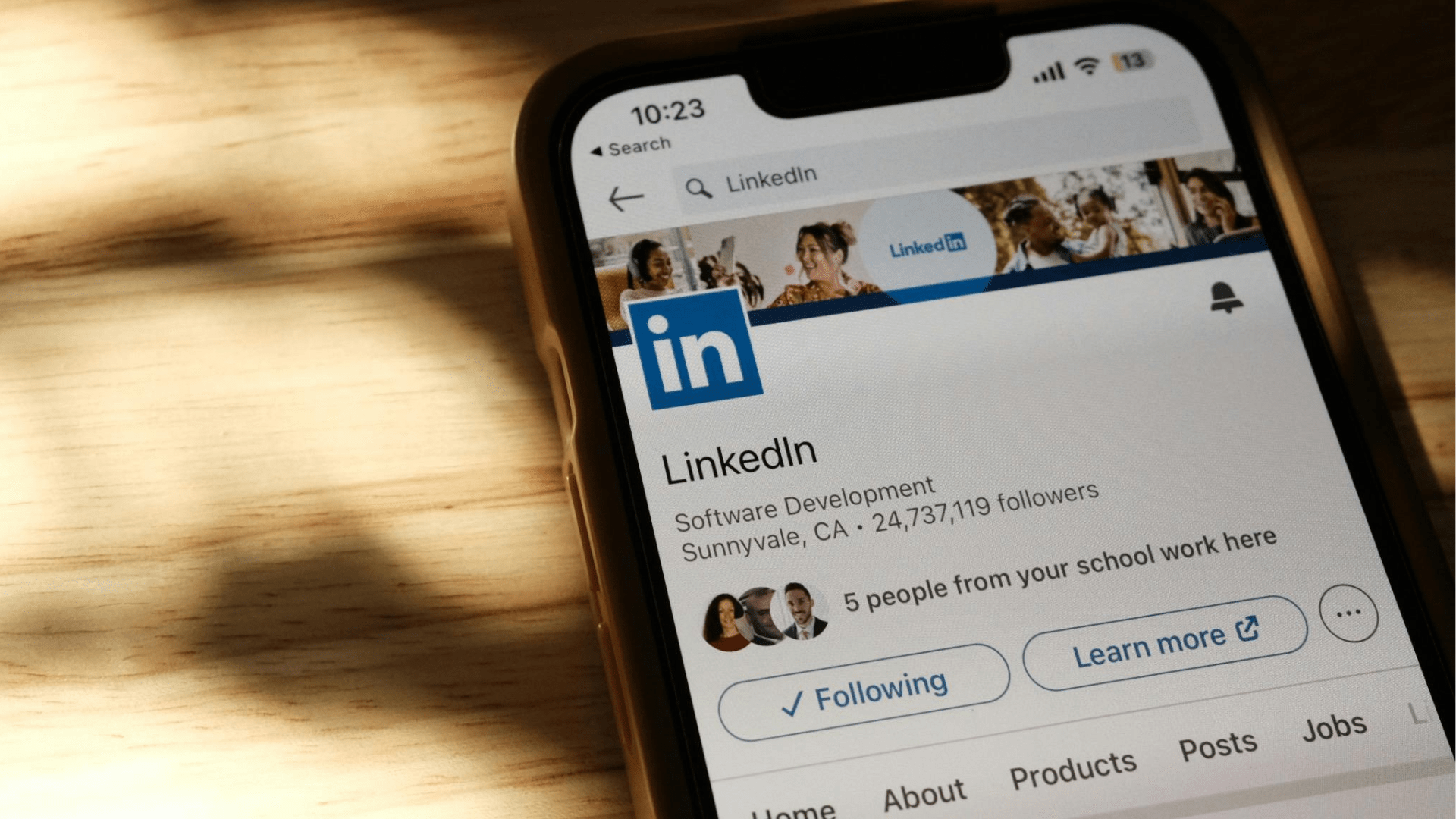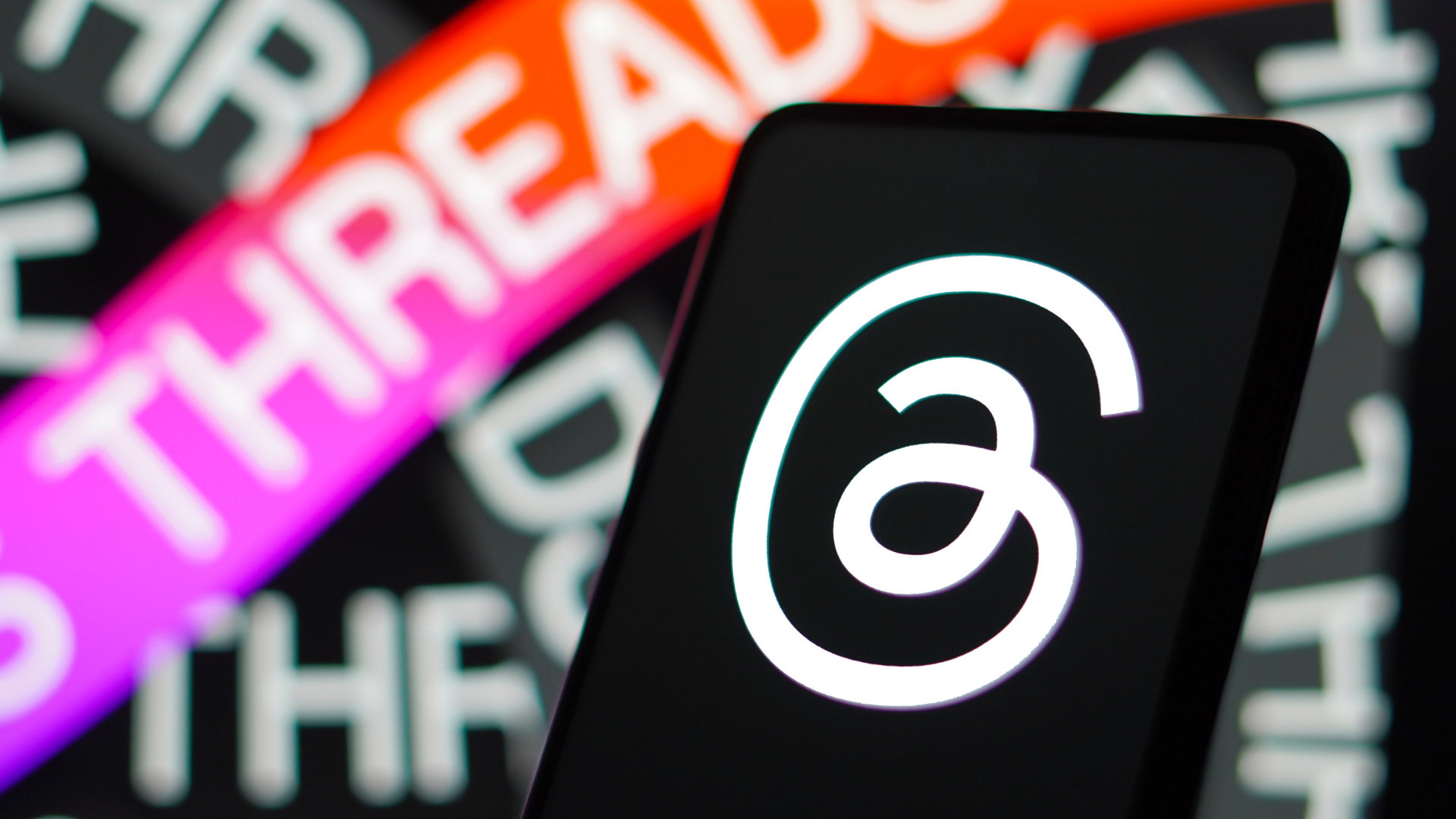Notably, LinkedIn achieved a significant milestone, surpassing 1 billion members, solidifying its position as the go-to platform for professional networking and B2B engagement. And while there are question marks as to whether TikTok can and should be a B2B social media platform, there have also been big changes since Elon Musk bought Twitter. Let’s also not forget the impact that AI is having on all realms of B2B marketing—social media included.
The evolving landscape means a re-evaluation of B2B social media strategies to maximise visibility and engagement. But what are the trends at play, and what impact will they have on social media marketing in 2024?
AI – a continuous renewal to an old story
A staggering 75% of marketing leaders are turning to generative AI in 2024, recognising its potential to tell compelling stories that resonate with their clients. And there’s no reason why this can’t, and shouldn’t be used to breathe life into social media marketing—especially when we see that platforms like LinkedIn have launched AI content features that support content development.
That said, the uplift in AI-use on social media may lead to a huge volume of generic posts that are devoid of creativity, and marketers that over-rely on AI will get called out quickly. AI-supported posts will need oversight to make sure they’re personalised and resonate effectively with the target audience.
A Gen Z era on LinkedIn
Gen Z is one of the fastest-growing demographics on LinkedIn, accounting for more than 21% of the platform’s 1 billion members. And as more join the workforce, LinkedIn posts will become more relaxed and less formal. People will share more about themselves, moving away from a strictly professional image. Brands will likely follow suit and adjust their approach accordingly.
We will therefore see LinkedIn as a platform that initiates a community-building and engagement process. This will directly influence a brand’s image, giving it a distinctive personality that flourishes in interactive spaces and open dialogues.
This approach means we will also see more of executives’ authentic self, dimming the “professional façade” that we typically see on LinkedIn.
Is X still viable for B2B marketing?
It’s no secret that X, formerly known as Twitter, has encountered a lot of changes since Elon Musk took over. Some of these changes may mean that B2B marketers are questioning whether X is still a feasible communications platform.
Some of these changes, include:
- Content moderation: Twitter’s previous commitment to content moderation, particularly around misinformation, has weakened under Musk. A 2023 YouGov poll showed 68% of UK adults are worried about increased misinformation on X. Will businesses be deemed less trustworthy if they continue to post on X?
- Blue tick hype: Proposing a subscription for a verified status may impact visibility, and positions the platform as a pay to play scheme. As more companies rely on verification for brand authenticity, will concerns raise about credibility on X?
Is TikTok for B2B too cringe?
TikTok is not just a platform for entertainment anymore; it has evolved into a space where professionals and consumers intersect. We are seeing more Prosumer content like Excel tutorials and hacks, sales advice, and even PowerPoint tips and tricks. In 2024, brands will see how they can translate their content and speak to audiences on a more personal level to increase their visibility.
TikTok will likely influence B2B tech firms on how it can mimic this storytelling format when presenting more often complex B2B tech solutions, making them more digestible. However, it won’t be relevant for everyone, and marketers should consult with a specialist before jumping on the bandwagon.
Looking ahead
In essence, the dynamics of B2B social media marketing are evolving, driven by logical advancements, changing demographics, and the need for more personalised and engaging content. Adapting to these shifts in 2024 will be crucial for businesses aiming to maximise visibility online.
